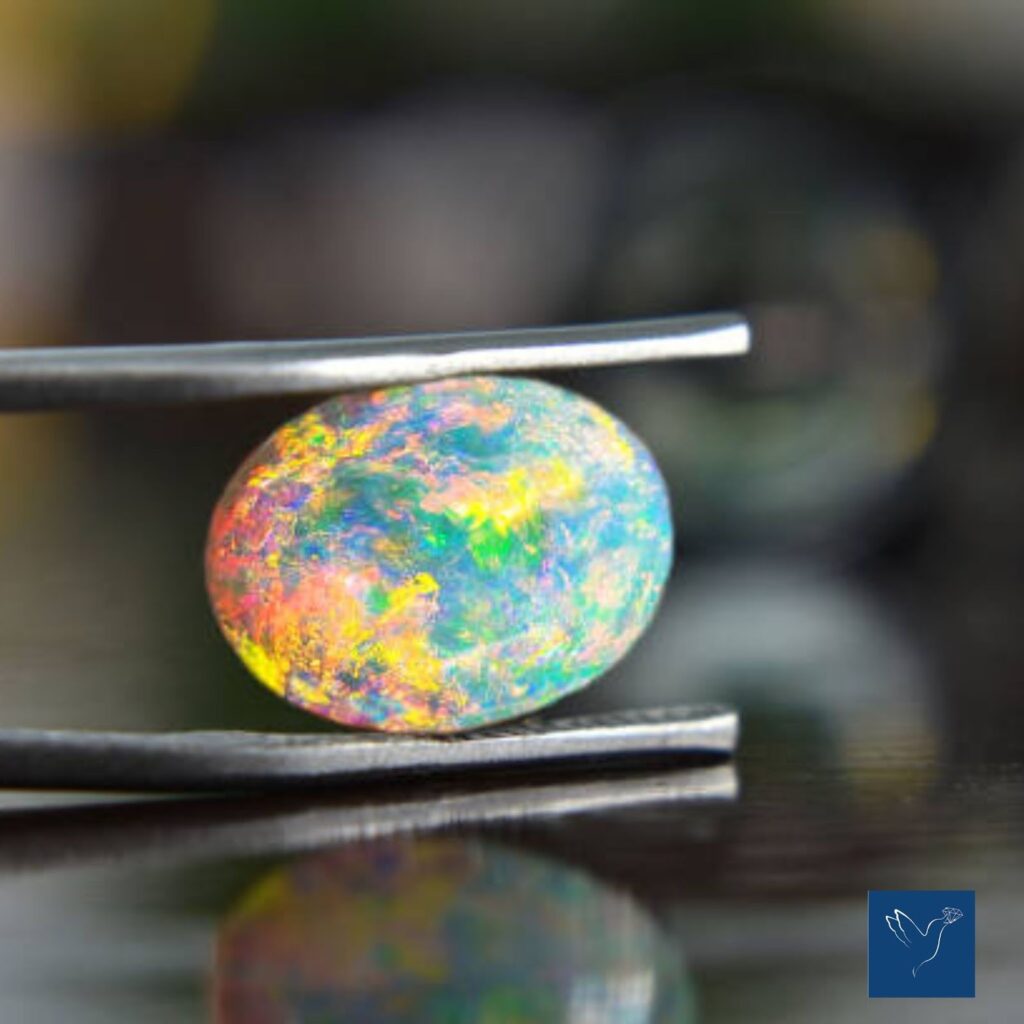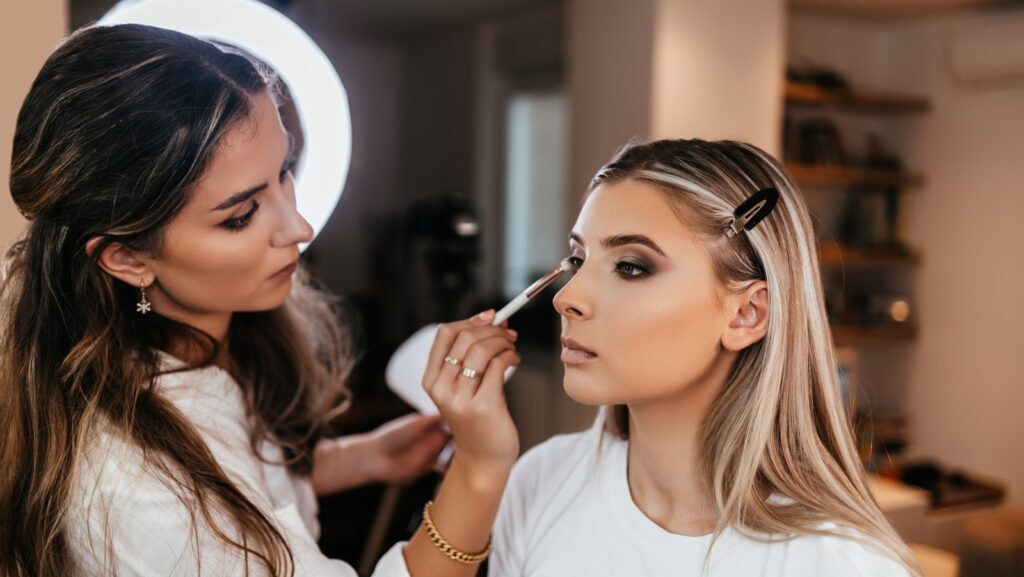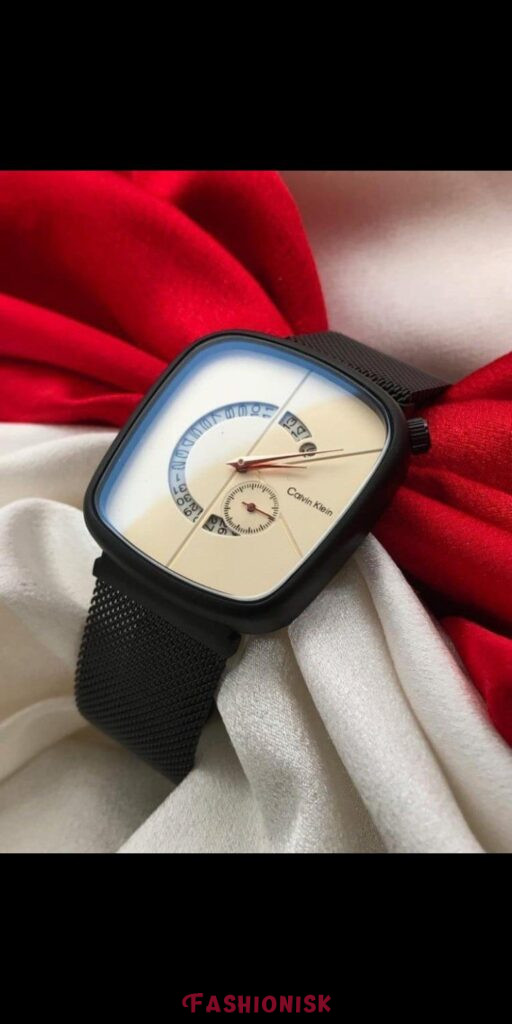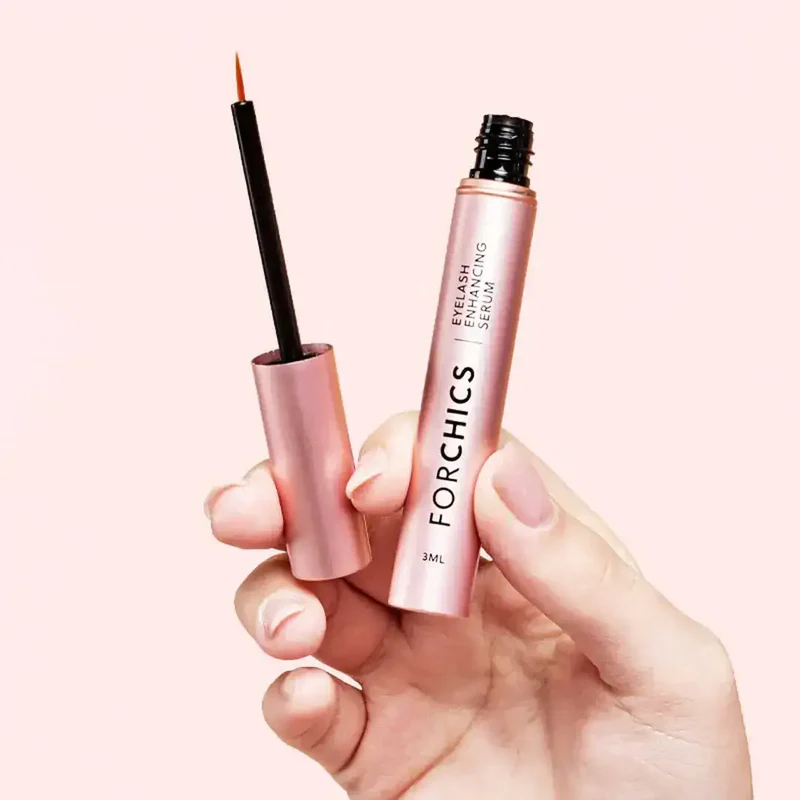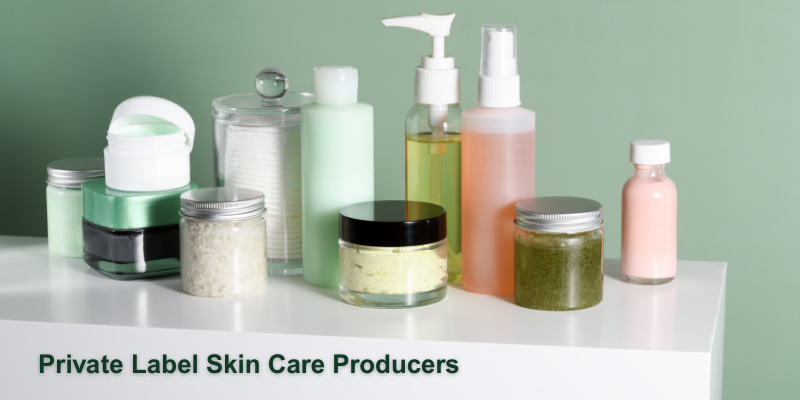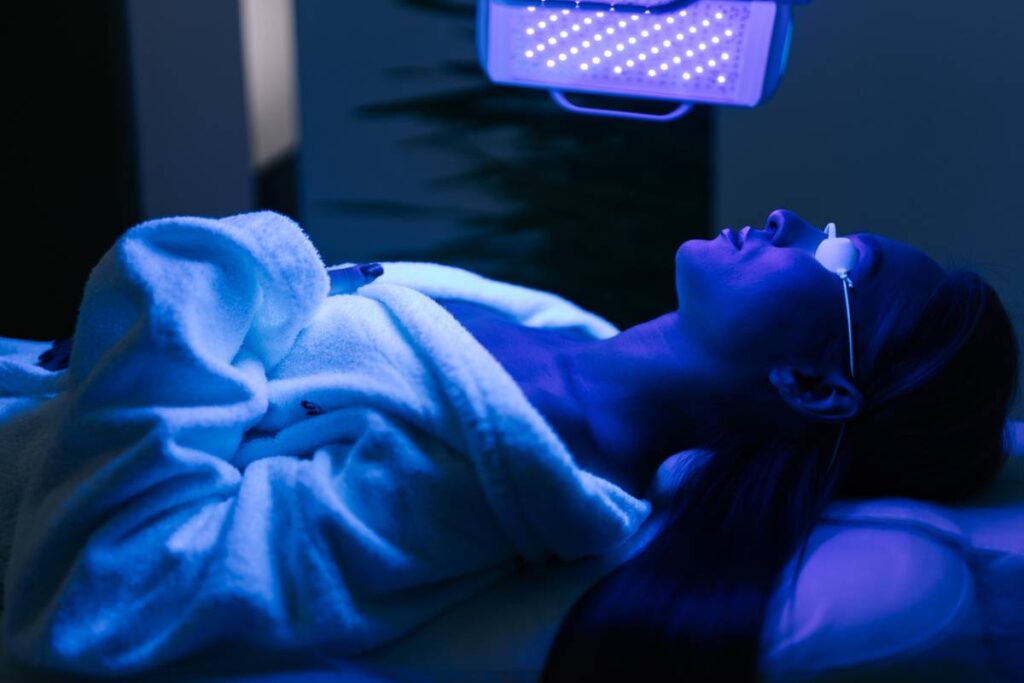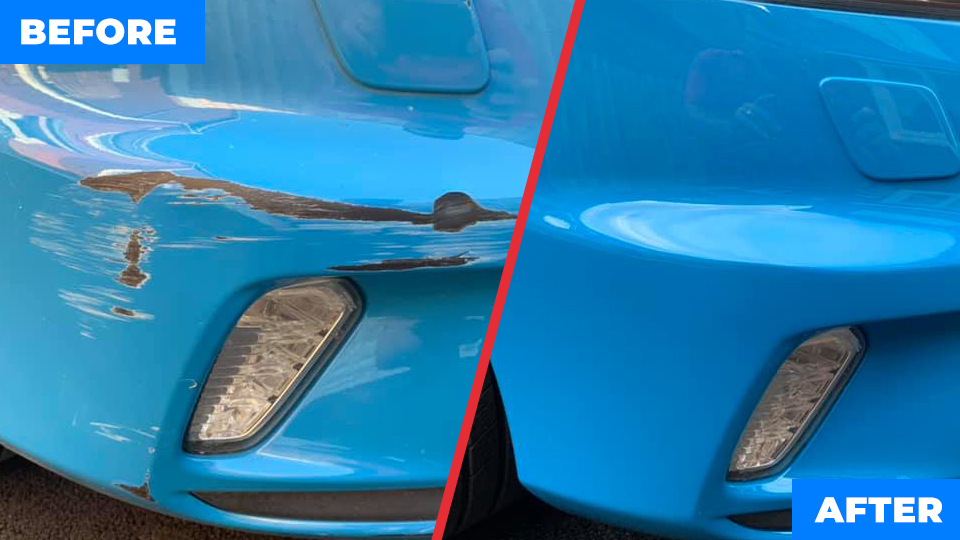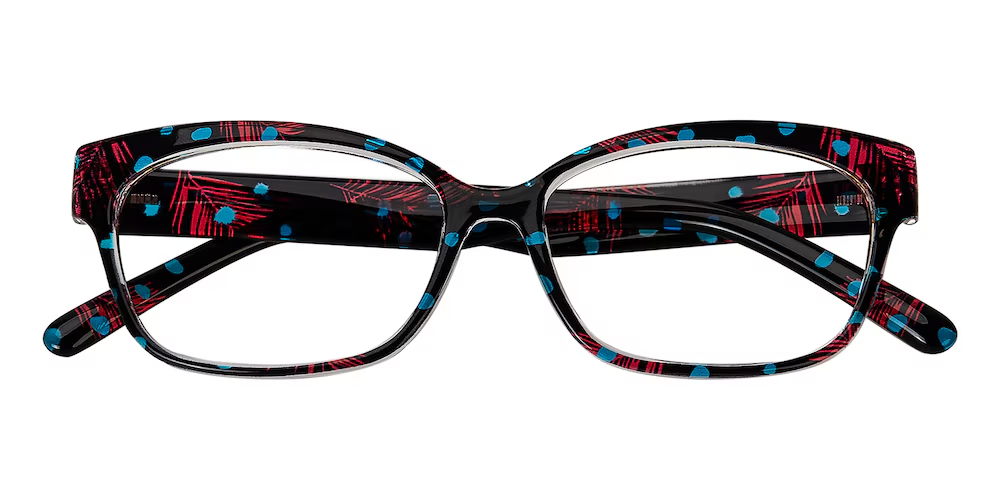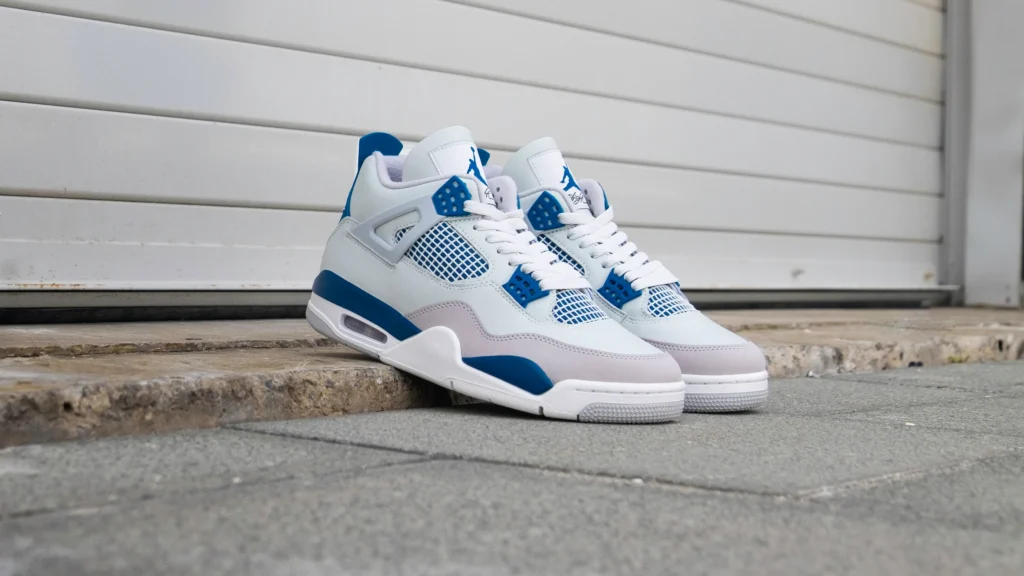The Role of Growth Hormone in Tissue Repair and Athletic Progress
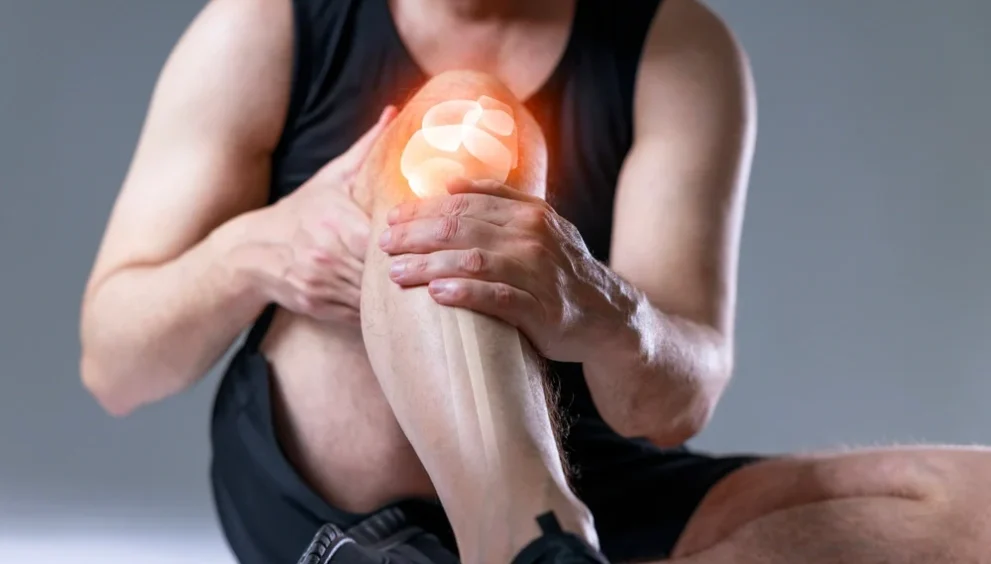
Recovery is where real progress occurs for anyone passionate about fitness. Although training challenges the body, true growth happens during rest and recovery. Each sprint, lift, or exercise causes tiny tears in muscle fibers that must be repaired so they become stronger than before. HGH, the body’s natural growth hormone, is one of the key factors driving this process of healing, regeneration, and performance enhancement.
Why HGH Matters for Recovery
The pituitary gland produces human growth hormone, releasing it in pulses throughout the day, with the highest levels occurring during deep sleep. HGH acts as a biological messenger, signaling cells to repair tissues, regenerate muscle fibers, and create new proteins necessary for recovery process.
With an optimal level of growth hormones, the body will be able to:
- Repair muscles faster and relieve pain following strenuous workouts.
- Increase lean muscle mass, enhancing general fitness and stamina.
- Boost metabolism, store fat as energy, and preserve muscle tissue.
- Maintain the wellbeing of joints and connective tissues, keeping them flexible and injury-free.
Low HGH levels can slow recovery, cause fatigue, and hinder progress even with consistent training. This is why it is commonly referred to as the recovery hormone.
How Growth Hormone Enhances Athletic Performance
Success in athletics does not solely depend on hard work, but also how efficiently the body recovers. Growth hormone bridges the gap between effort and progress, influencing several aspects of athletic development:
1. Accelerated Muscle Regeneration. Growth hormone stimulates the production of new muscle cells and collagen fibers following exercise. This process repairs damaged tissues, resulting in stronger muscles in the long run.
2. Improved Energy Utilization. It helps transform fat into energy, conserving glycogen reserves and delaying fatigue during strenuous or high-intensity exercises. This metabolic adaptation enables athletes to maintain peak performance.
3. Enhanced Adaptation and Strength Gains. Training stress is a regular stimulus that induces hormonal adaptation. This is better suited for healthy levels of growth hormone, resulting in improved endurance, muscle tone, and power output.
4. Joint and Tissue Longevity. In addition to building muscle, growth hormone promotes the development of connective tissues, tendons, and cartilage. This will prevent overuse injuries to the joints and preserve mobility as training intensity increases.
When Natural HGH Production Isn’t Enough
The production of growth hormone in the body slowly decreases as we age. This decline can slow recovery and make workouts feel more strenuous. Others, particularly the elderly athletes or those experiencing hormonal imbalances, seek medical intervention to maintain the ideal hormone levels.
Under professional supervision, hgh for sale treatments can help restore the body’s normal functions. When used correctly, these treatments enhance muscle recovery, boost energy levels, and make individuals feel more vital. It is, however, notable that professional medical practitioners should administer these therapies to ensure their safety and effectiveness.
Natural Ways to Support Healthy HGH Levels
Several lifestyle decisions naturally increase the body’s production of growth hormones, even without any medical intervention. The following habits can promote recovery, performance, and overall wellbeing:
- Prioritize deep, quality sleep: Growth hormone is released during slow-wave sleep, making regular sleep a necessity.
- Engage in high-intensity or resistance training: High-intensity exercises are known to increase HGH production.
- Avoid late-night eating and excessive sugar intake: Growth hormone secretion inhibits high levels of insulin following heavy meals or consumption of sweets.
- Manage stress effectively: Chronic stress elevates cortisol which counteracts hormones and slows down the healing process.
- Maintain a balanced diet: A diet rich in protein, vitamins, and amino acids, such as arginine and glutamine helps enhance hormonal balance and restoration.
Final Thoughts
Growth hormone is not merely a body-building hormone; it is part of the body’s repair system. Optimal levels of HGH in athletes and active individuals lead to faster recovery, strong muscles, and endurance. Sleep, exercise, a healthy diet, and medically controlled hormonal support help athletes unlock a new level of physical development.
Success in sports is not only related to what happens during training, but also to the quality of recovery. Athletes can ensure that their effort is translated into permanent improvement by learning about the functions of growth hormone and how to support it.




